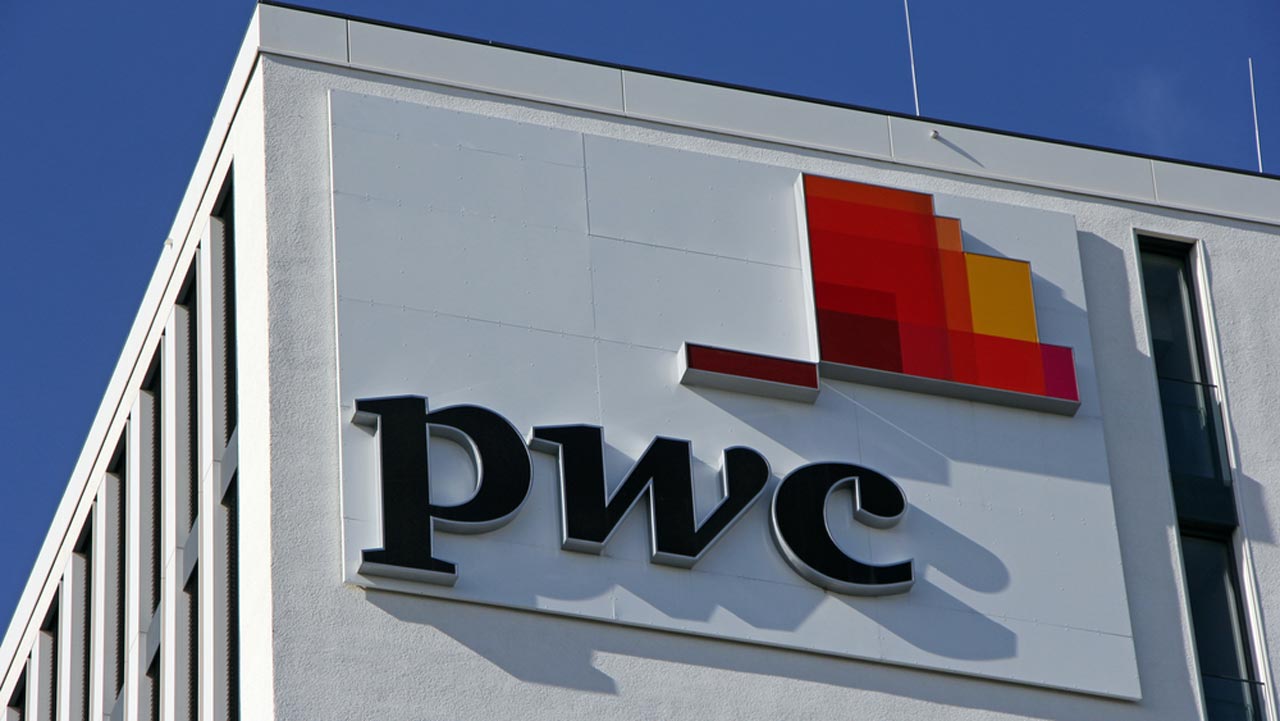Nigeria’s advertising industry was valued at N605.2 billion in 2023, up from N216 billion in 2018, according to PricewaterhouseCoopers (PwC).
This was disclosed in a study prepared by PwC on behalf of the Advertising Regulatory Council of Nigeria (ARCON) and other bodies in the advertising sector.
ARCON released a report on Tuesday titled “Economic Contribution of the Marketing Communications Industry to the Nigerian Economy.”
The study emphasised the value, multiplier effect, and contribution of the advertising industry to the GDP of the country.
By 2028, PwC predicted the value would reach N893 billion.
The head of the multiplier research committee, Femi Adelusi, stated during the presentation of the industry report that Nigeria’s GDP rises by N16.5 for every N1 spent on marketing communications.
“The marketing communications sector has emerged as a formidable economic powerhouse. The study estimates that for every N1 spent on marketing communications in Nigeria, the nation’s GDP increases by a staggering N16.5 – a multiplier effect that highlights the industry’s substantial value contribution,” Adelusi said.
He said the projected N893 billion by 2028 will contribute “a significant 1.08 percent to Nigeria’s GDP, up from 0.7 percent in 2023”.
“Additionally, the surge in digital media spend, fueled by increased internet and mobile penetration, as well as the rise of social media and video-on-demand platforms, has reshaped the marketing landscape,” Adelusi said.
Adelusi claims that the appeal of real-time online content, social media interaction, and the widespread use of smartphones are all contributing to the growth of creative and content production.
“The investment by video-on-demand platforms like Netflix and Amazon Prime in Nigerian productions, particularly in the thriving Nollywood industry, has further bolstered this segment,” he added.
The research emphasised the industry’s problems, including competition from global competitors, regulatory reforms, and economic pressures.
However, the study noted that some of the industry’s strengths include growing digital trends, chances for domestic and international collaboration, the capacity to capitalise on technological advancements like big data analytics and artificial intelligence (AI), Nigeria’s sizable and culturally diverse market, and the possibility for creative, locally-tailored marketing strategies.
PwC outlined important suggestions to quicken the industry’s growth and development. These included setting quantifiable, targeted goals for the GDP contribution of the sector, promoting strategic alliances among industry participants, and making extensive use of analytics tools to closely monitor consumer behaviour and spending patterns.
Olalekan Fadolapo, the director general (DG) of ARCON, commented on the research and underlined the necessity to measure the industry’s size and influence as an economic facilitator.
“We cannot continue to guesstimate the size of the industry. This report lays the foundation for us to assess the advertising space and its multiplier effect on the economy every year going forward,” He said.
According to Fadolapo, the report’s conclusions highlight the industry’s critical position as a driver of consumer demand, corporate growth, job creation, and innovation across industries.


